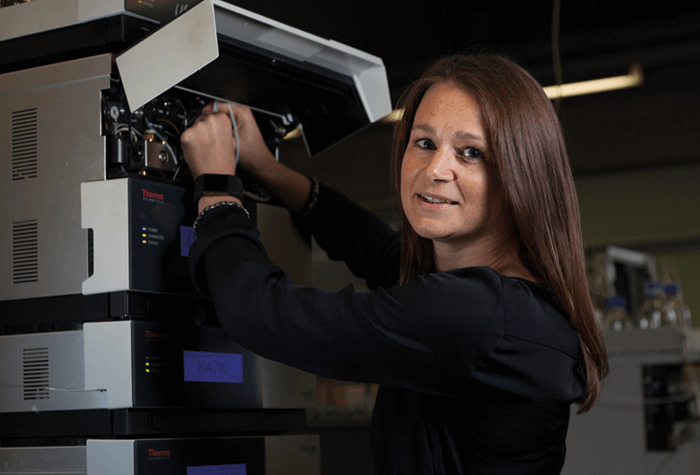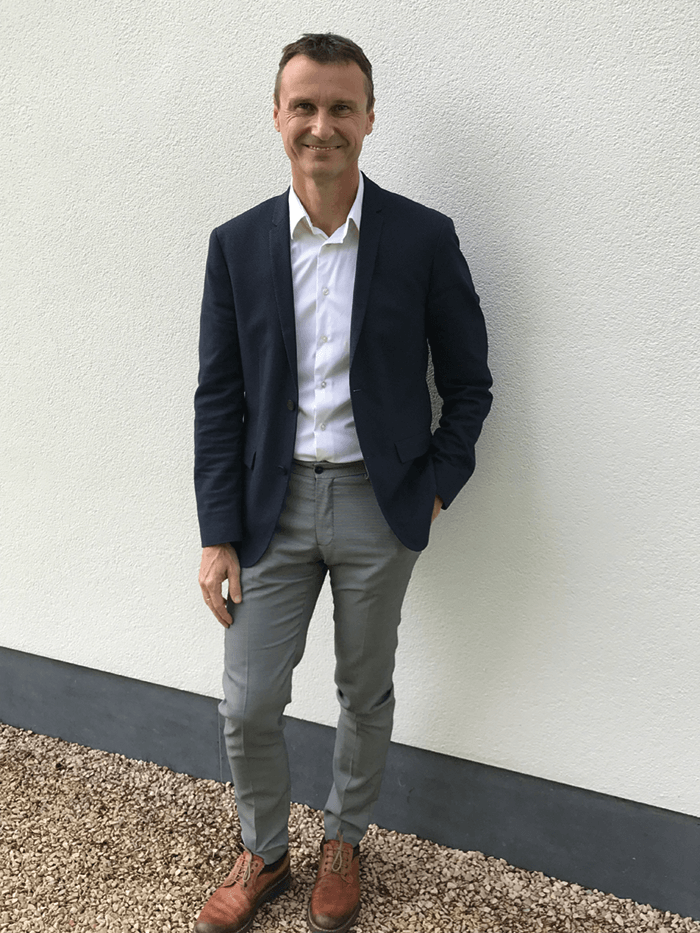What can you tell us about the application process?
The grant is part of a new funding program that aims to establish collaborative networks in the areas of science that Belgium is strongest in. Given the amount – and duration (four years) – of funding you can imagine there was fierce competition, with contributions ranging from astrophysics to cell oncology and from clinical psychology to archaeology.





